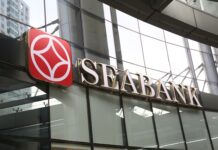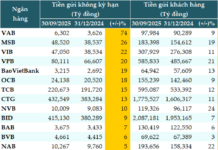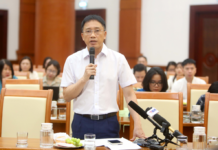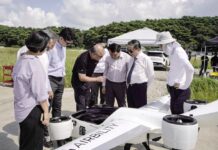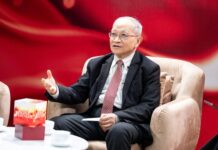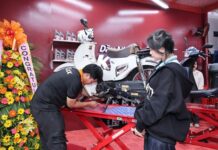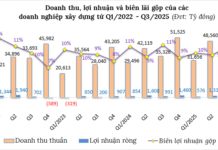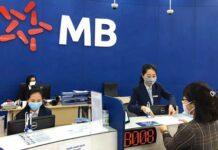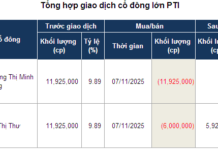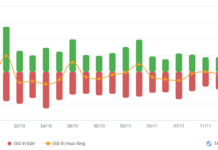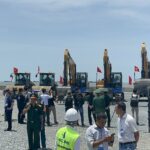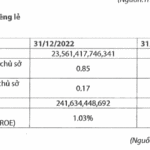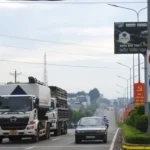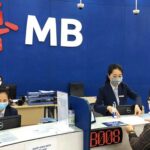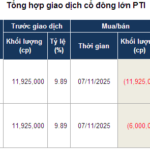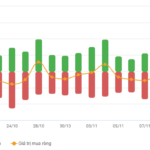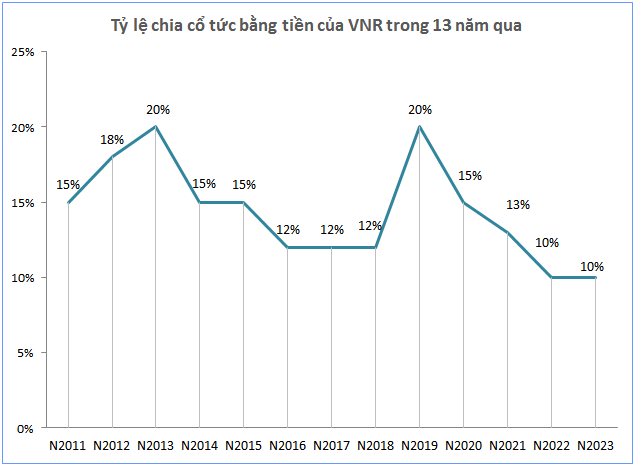In a recent proposal to the People’s Committee of Ho Chi Minh City, Trung Nam Construction Investment Joint Stock Company (Trung Nam Group) suggested constructing the Can Gio Bridge through a Build-Transfer (BT) scheme, instead of the previously planned Build-Operate-Transfer (BOT) model.
Prior to this, the company had received approval from the city to conduct research and develop investment proposals for the Can Gio Bridge project. The dossier was submitted to the People’s Committee and used by the Department of Transportation as a basis for completion and presentation to the City’s People’s Council in late 2023.
Initially, the project was proposed as a BOT venture with a total investment of approximately VND 10,569 billion, to be implemented between 2024 and 2028. However, according to Trung Nam, the Prime Minister’s Decision 1125 dated June 11, 2025, approved the inclusion of Metro Line 12 (District 7 – Can Gio) in Ho Chi Minh City’s urban transport planning, with construction expected to commence in 2026. This metro line will alter the transport structure in the area, rendering the proposed BOT model for the Can Gio Bridge inappropriate due to low traffic volume, extended payback period, and toll collection impacting the fundamental right to travel of local residents.
Trung Nam Group suggests adopting a PPP model, anticipating optimized financial efficiency, reduced environmental impact, and better alignment with local realities. The company pledges comprehensive support from design to construction, ensuring timely and quality delivery.
Trung Nam Group is a well-known conglomerate operating across five main sectors: energy, infrastructure and construction, real estate, and information and electronics industries. To date, the group has successfully undertaken numerous large-scale solar and wind power projects, including the Trung Nam Thuan Nam Solar Power Project (VND 12,000 billion) and the Ea Nam Wind Power Project (VND 16,500 billion), through its subsidiaries: Trung Nam Thuan Nam Solar Power Company Limited and Trung Nam Renewable Energy Joint Stock Company.
In addition to Trung Nam, Masterise has also expressed interest in investing in the Can Gio Bridge project through the BT model. The company has communicated its readiness to partner with the city in developing transportation infrastructure in the southeast region. Meanwhile, Thaigroup has petitioned the city to consider their participation in the Can Gio Bridge project through a BT contract or other suitable modalities.
There is limited publicly available information on Thaigroup’s financial health. However, investors can glean insights from the performance of Thaiholdings Joint Stock Company, which previously held a significant stake in Thaigroup.
Approximately five years ago, Mr. Nguyen Duc Thuy ventured into the finance and banking sector by joining the board of LienVietPostBank (now LPBank), marking a notable transition from an industrial entrepreneur to a financial one.
Prior to this, Mr. Thuy was known in the business sphere as the founder and operator of the Xuan Thanh ecosystem (later renamed Thaigroup), primarily engaged in cement, construction, and real estate, as well as a football club owner.
Thaiholdings Joint Stock Company (THD) once held nearly 82% of Thaigroup’s shares but later divested, reducing its stake to 48% last year. In mid-2022, Mr. Thuy completed his capital withdrawal from Thaiholdings and now predominantly appears in the media as the chairman of LPBank.
In terms of financial performance, Thaiholdings recorded a revenue of VND 554 billion in the first six months of this year, a 6% increase year-over-year, with a pre-tax profit of VND 62.2 billion, reflecting a growth of over 5%.
Additionally, according to SSI, Thaiholdings still holds 19.52% of Hanoi Dan Tong Company Limited, the owner of Thaiholdings Tower in Hoan Kiem District. They also hold 18.55% of Binh Minh Group Joint Stock Company and 39.98% of Enclave Phu Quoc Joint Stock Company.
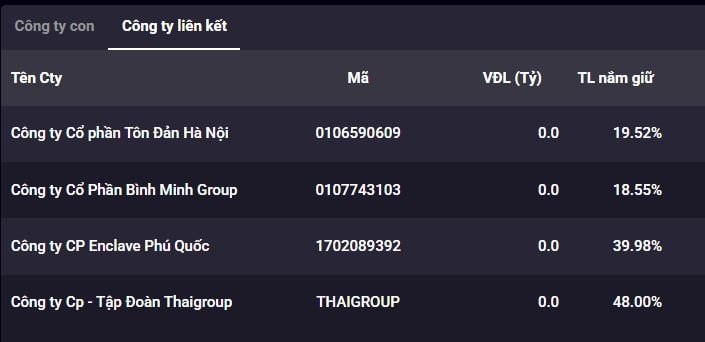
List of THD’s affiliated companies. Source: SSI
Thaigroup previously garnered media attention with their proposal for a nearly VND 30,000 billion space tourism port project in Phu Quoc.
Specifically, on December 27, 2021, Thaigroup sent a dispatch to the Provincial Party Committee and People’s Committee of Kien Giang Province, requesting permission to research, survey, and propose investment in a space tourism port project in Phu Quoc City, with an investment of approximately VND 30,000 billion.
According to the information disclosed at that time, only space superpowers like the US, Russia, Japan, and China have successfully established commercial spaceports. While Southeast Asian countries have a pressing need for such infrastructure, they have not been able to materialize these projects. Developing a spaceport for tourism would be a historic breakthrough, benefiting Vietnam’s tourism industry and socio-economic development in the long run.
With a vision to contribute to the transformation of Phu Quoc into an internationally renowned tourism and service center, Thaigroup earnestly requested the Provincial Party Committee and People’s Committee of Kien Giang Province to grant them permission to research, survey, and propose investment in the space tourism port project.
Regarding the nearly VND 30,000 billion space tourism port project in Phu Quoc, there has been no official update on its progress since the initial proposal amid much controversy.
A Fresh Proposal for the Can Gio Bridge Project: A $450 Million Vision
“Investors are proposing an exciting new project: a 7.3-km long Can Gio Bridge, totaling over VND 10,500 billion in investment, utilizing the build-transfer model. This ambitious infrastructure project aims to connect the southern area of Ho Chi Minh City with Can Gio, offering a much-needed alternative to the Binh Khanh ferry.”
The Big Three: A Joint Venture Proposal for the Can Gio Bridge
“The Trung Nam Group, alongside two renowned development entities, have proposed an innovative plan to construct the Can Gio Bridge through a Build-Transfer (BT) contract, a form of public-private partnership. This dynamic trio brings forth a unique opportunity to create a landmark infrastructure project, offering a strategic connection and a host of benefits to the community.”
“The Dark Side of 2023: Trung Nam Group’s Troubling Loss”
Established in 2004, Trungnam Group has evolved over 18 years into a diverse ecosystem with a presence in five key sectors: Energy, Infrastructure, Construction, Real Estate, and Information Electronics Industry.
Vingroup and Techcombank Explore Feasibility Report for Gia Nghia-Chon Thanh Expressway
On November 30, the People’s Committee of Binh Phuoc Province issued a dispatch concerning Component Project 1 of the North-South Expressway Western Route Project, specifically the Gia Nghia (Dak Nong) – Chon Thanh (Binh Phuoc) section, hereinafter referred to as the Gia Nghia – Chon Thanh Expressway.






